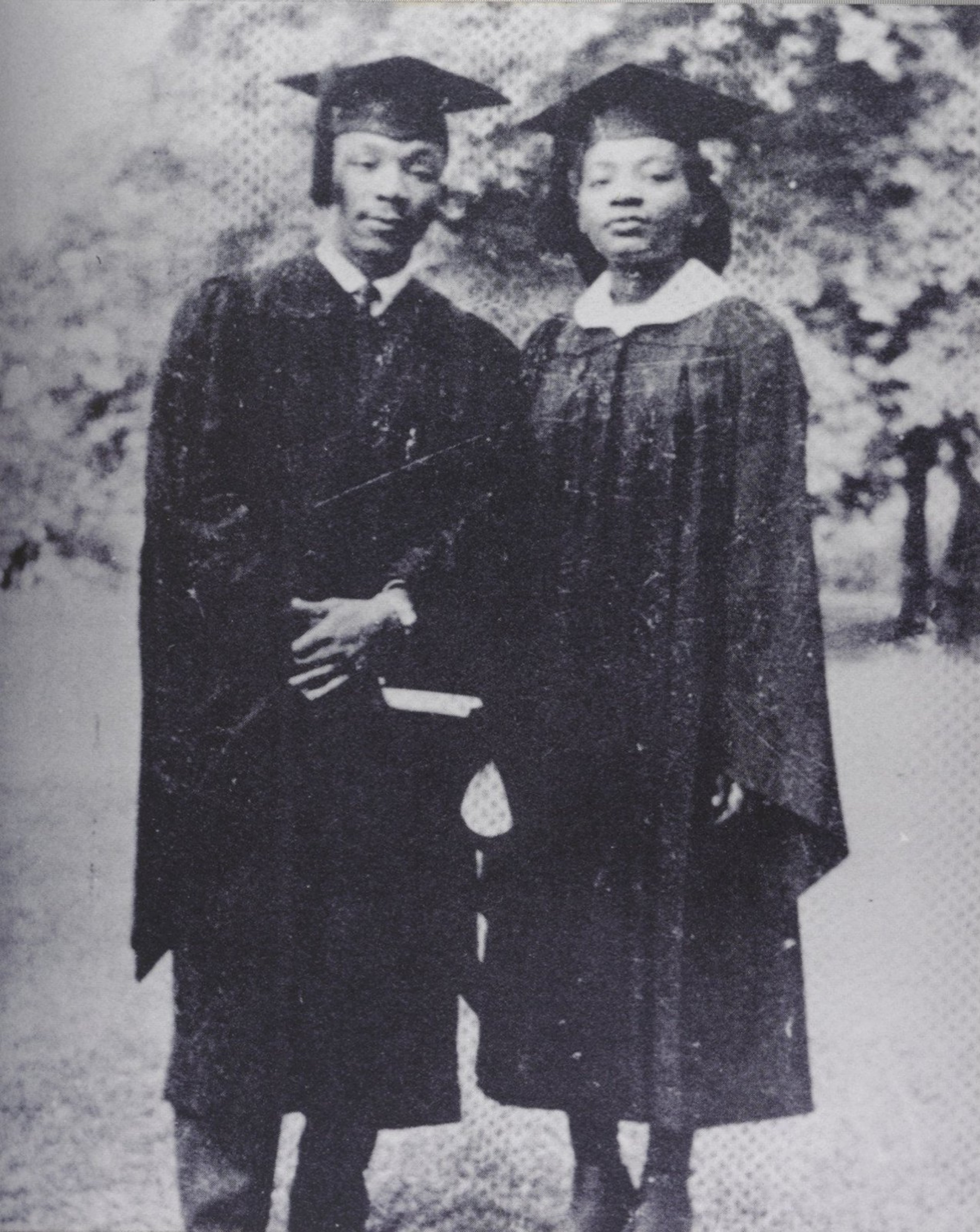Young MLK’s letter to the editor revealed the man he would become

In late July 1946, the lynchings of five African-Americans in Georgia made national headlines and pricked the conscience of a Morehouse College student.
The first killing was of Maceo Snipes, an African-American World War II veteran. Snipes was killed in Taylor County, in retaliation for daring to vote in a statewide primary election. For that four white men shot him outside a relative’s home.

Days later, two black couples, George and Mae Murray Dorsey and Roger and Dorothy Malcom, were killed by a mob at the Moore’s Ford Bridge between Monroe and Watkinsville. They were murdered after Roger Malcom had a dispute with a local white farmer. Dorsey was seven months pregnant when she was beaten and shot to death.
All of this was too much for the 17-year-old Morehouse student. He penned a letter to The Atlanta Constitution in which he called out the immorality of racism and showed a burgeoning passion for social justice. The writer also referred to the murderous tactic that had led to so many lynchings across the South: black men erroneously accused of assaulting white women. He signed the letter, “M.L. King, JR.”
It is perhaps the only letter King wrote to the paper, even though he became friendly with the paper’s pioneering editor, Ralph McGill, one of the few white newspaper editors to take a vocal stand against segregation.

In the letter, published Aug. 6, 1946, “King is responding to the upsurge of lynchings of returning black soldiers,” said Clayborne Carson, editor of King’s papers. “During the war there was the double V campaign for black soldiers. It said, ‘Yes, we’re going to fight against fascism and Nazism, but when we get back home, we’re not going to return to the old way.’”
But that declaration was met with a rising tide of violence by some whites against soldiers who expected equality after they had served their country.
» Moore's Ford investigation: Suspects, but no justice
This was also during a time when the NAACP was championing federal legislation that would declare lynchings a crime. Congress would not pass such legislation, Carson said. Propelled by this confluence of events, King wrote his letter.
“It represents and shows how early his social consciousness developed,” Carson said. “He had an intellectual sense for the need for change. I’m not sure the editors realized he was only 17 years old. Most people are in high school at that age.”
Here is King’s letter, headlined “Kick Up Dust.” It’s an early expression from a young man who would spend the next 22 years leading a movement that changed the course of the nation.

Kick Up Dust
"I often find when decent treatment for the Negro is urged, a certain class of people hurry to raise the scarecrow of social mingling and intermarriage. These questions have nothing to do with the case. And most people who kick up this kind of dust know that it is simple dust to obscure the real question of rights and opportunities. It is fair to remember that almost the total of race mixture in America has come, not at the Negro initiative, but by the acts of those very white men who talk loudest of race purity. We aren't eager to marry white girls, and we would like to have our own girls left alone by both white toughs and white aristocrats.
"We want and are entitled to the basic rights and opportunities of American citizens: The right to earn a living at work for which we are fitted by training and ability; equal opportunities in education, health, recreation, and similar public services; the right to vote; equality before the law; some of the same courtesy and good manners that we ourselves bring to all human relations.
M.L. King, JR."
» Modern landmarks that played a role in Martin Luther King Jr's Atlanta
» The Atlanta story behind Martin Luther Jr.'s drum major for justice theme
The March 21 documentary 'The Last Days of Dr. Martin Luther King Jr.' on Channel 2 kicked off a countdown of remembrance across the combined platforms of Channel 2 and its partners, The Atlanta Journal-Constitution and WSB Radio.
The three Atlanta news sources will release comprehensive multi-platform content until April 9, the anniversary of King’s funeral.
On April 4, the 50th anniversary of Dr. King’s assassination, the three properties will devote extensive live coverage to the memorials in Atlanta, Memphis and around the country.
The project will present a living timeline in real time as it occurred on that day in 1968, right down to the time the fatal shot was fired that ended his life an hour later.
The project will culminate on April 9 with coverage of the special processional in Atlanta marking the path of Dr. King’s funeral, which was watched by the world.



